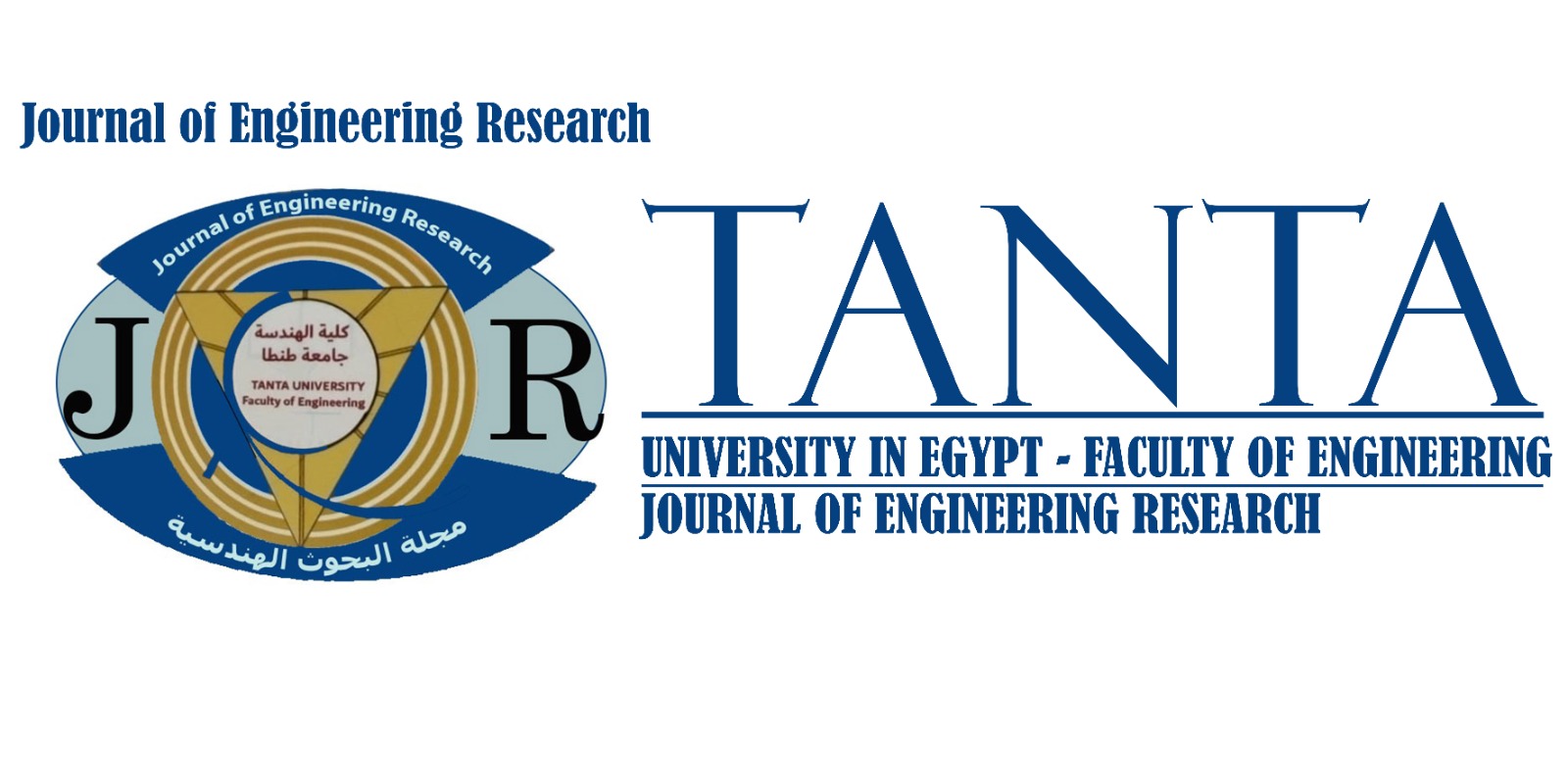Journal of Engineering Research

Abstract
New cities, designed for urban growth outside existing metropolitan regions, face challenges in street infrastructure due to rapid expansion. Efficient control of mobility is crucial as cities grow. Sustainable transportation involves factors like infrastructure, public transit, delivery networks, affordability, efficiency, air quality, health, and reduced emissions. Commuting between established and new urban areas is common, leading to issues like urban sprawl, longer travel times, and congestion in developing countries. The challenge is to improve accessibility while addressing air quality, traffic, congestion, noise, built environment, emissions, and sprawl. This study aims to explore factors influencing mobility choices in Egypt, focusing on socio-demographic, psychological, and physical aspects of commuting patterns and transportation preferences. A spatial statistical analysis model utilizing a Geographic Information System (GIS) has been employed for this purpose. The proposed transportation policies, based on established criteria, aim to support urban development plans that reduce reliance on private transportation. This involves expanding bus networks through improved infrastructure and logistics, creating bus networks that diminish the appeal of private vehicles through inclusive design and enhanced marketing, improving overall transportation performance, promoting electrification, and encouraging the use of electric vehicles by establishing additional infrastructure. These measures will facilitate faster distribution, enhance competitiveness in the industrial sector, and increase productivity while reducing costs and travel times.
Recommended Citation
J. Q. Mo’men Abdel-Qader Ebrahim1, Mohsen Bayad2, Naglaa
(2024)
"Urbanism Strategies for linking Existing and New Cities,"
Journal of Engineering Research: Vol. 8:
Iss.
2, Article 47.
Available at:
https://digitalcommons.aaru.edu.jo/erjeng/vol8/iss2/47
Included in
Applied Mathematics Commons, Architecture Commons, Biomedical Informatics Commons, Engineering Commons, Health Information Technology Commons, Nanotechnology Commons

